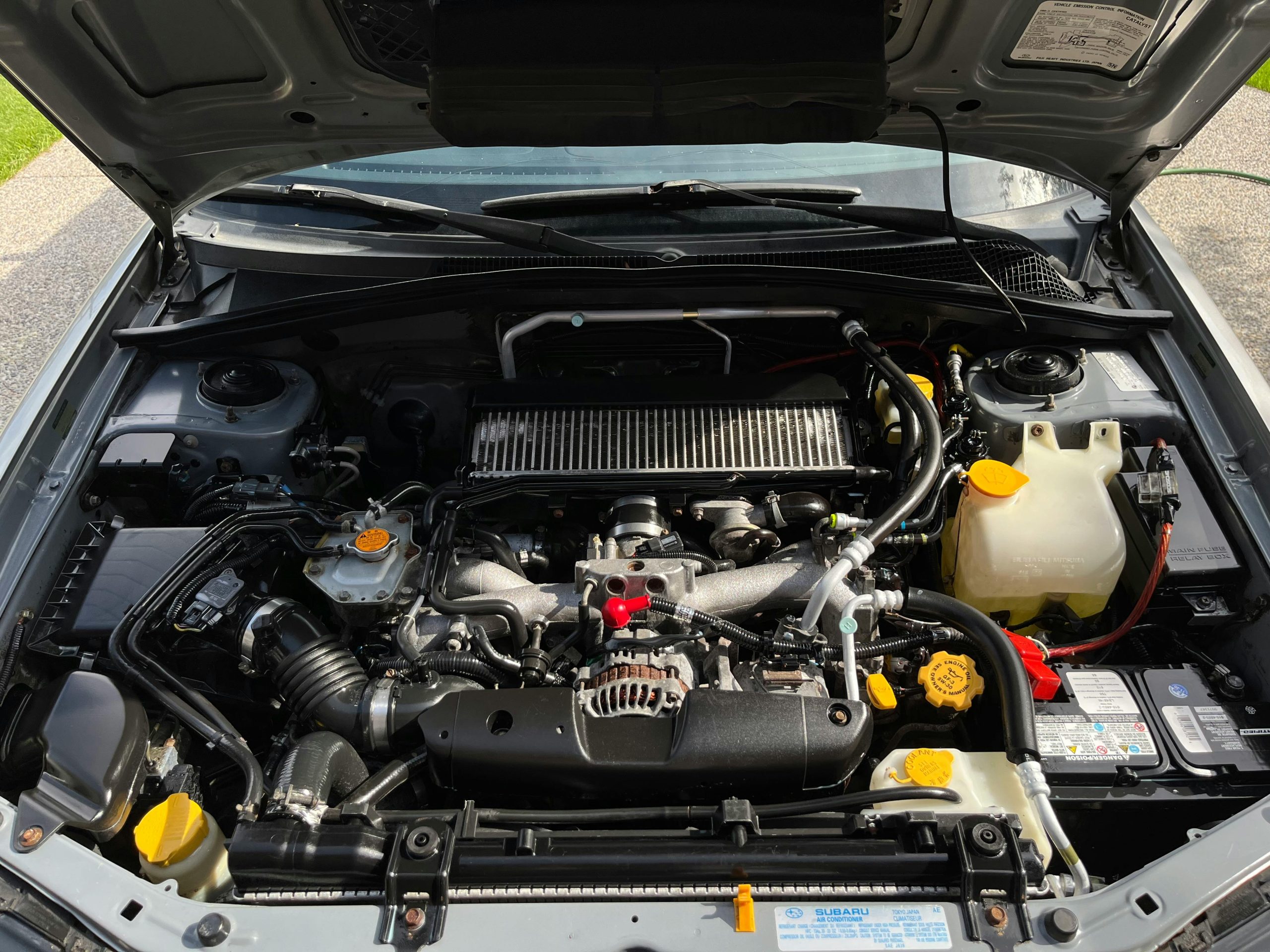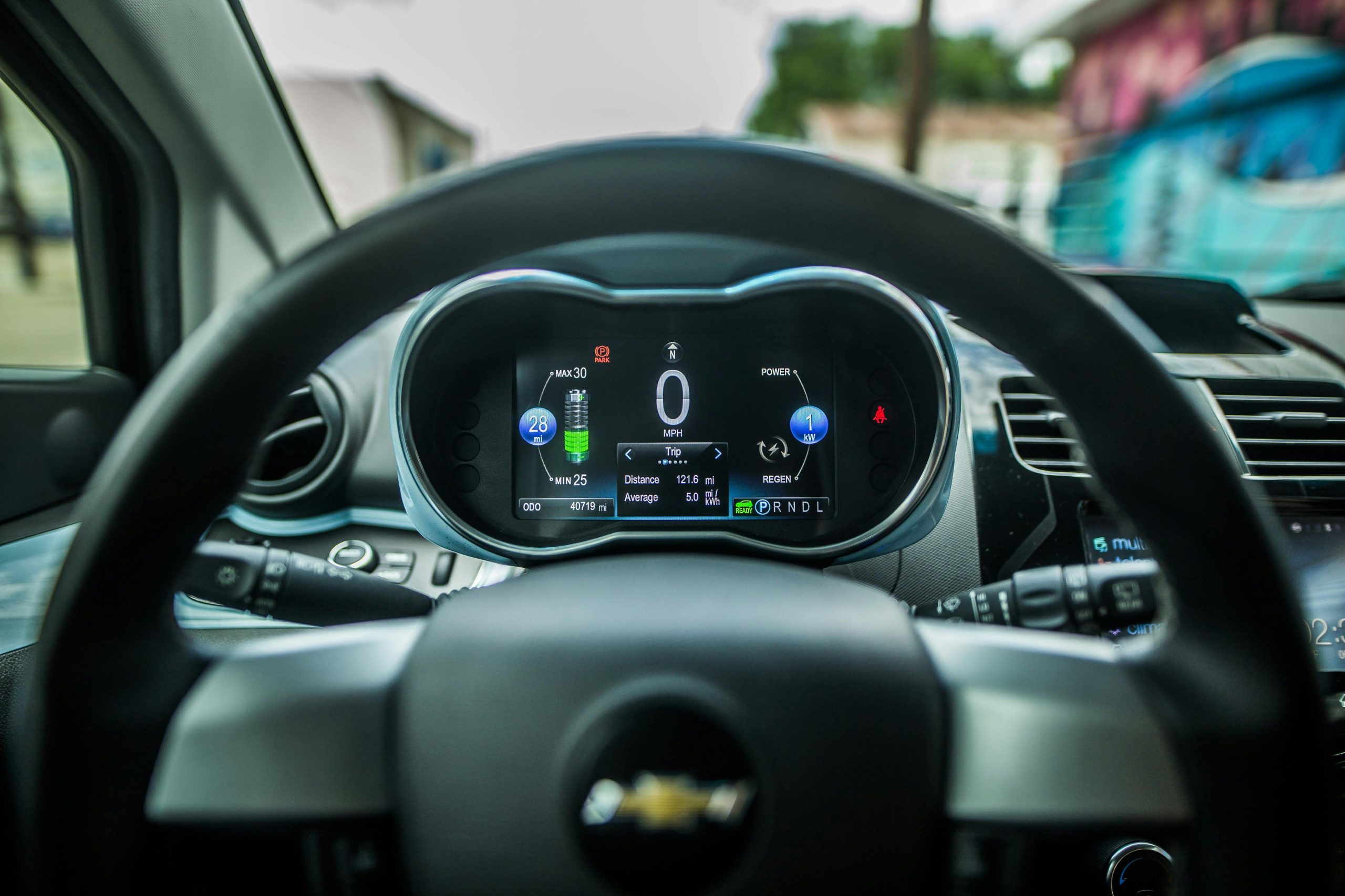Remember last year’s incident when a family’s car broke down on a busy highway due to a leaking battery? It’s important you understand the risks associated with such leaks in your vehicle.
Not only can they lead to sudden failures, but they’re also a health hazard and pose environmental risks. You’ll want to know how to spot the warning signs early and learn what steps to take immediately if you suspect your car’s battery is compromised.
How prepared are you to handle what might seem like a minor issue could escalate quickly? Let’s explore how you can safeguard your vehicle and family.
Overview of Battery Leakage
Car battery leakage, often from cracks, aging, or defects, poses significant safety hazards and can impair your vehicle’s performance. When acid leaks, it doesn’t just affect your car; it impacts your sense of security and belonging on the road.
You’re not alone in this many drivers face the same risks of skin burns, respiratory issues, and even fire hazards. Recognizing signs like corrosion around the terminals or a rotten egg smell can save your car’s health and protect you and your loved ones.
Common Causes of Leaks
When handling car battery leaks, it’s crucial to consider a few critical factors. If your battery’s design is faulty or it’s been exposed to extreme temperatures, these issues can lead to leaks.
Faulty Battery Design
Leaks in car batteries often stem from faulty designs, such as cracks in the casing or improperly sealed cell caps. These issues are particularly prevalent in lead-acid batteries.
Cracks or warps in the battery casing can allow the electrolyte solution to escape, compromising the battery’s function and possibly endangering your vehicle’s operation.
That’s why it’s essential for you to stay informed and proactive about inspecting your battery for signs of wear and tear, ensuring you and your fellow drivers remain safe.
Extreme Temperature Effects
Extreme temperatures can accelerate chemical reactions in your battery, increasing the risk of leaks and casing damage. When dealing with a leaking car battery, it’s crucial to consider the role of extreme temperatures.
High heat can cause the battery’s electrolytes to evaporate, potentially leaving you stranded. Freezing conditions, on the other hand, can lead to battery cracks and leaks.
These sudden temperature shifts can stress the battery, causing it to expand and contract, possibly resulting in leaks.
Proper insulation and vigilant temperature monitoring are your best defenses against these risks, ensuring your vehicle remains reliable regardless of the weather.
Improper Installation Issues
Besides managing temperature effects, ensuring your car battery is installed correctly is key to preventing leaks.
If you’re facing a leaky battery, it’s likely due to improper installation. Maybe the connections are loose, or the seals aren’t quite right. It’s easy to overlook these details, especially if you’re in a hurry or trying something new.
Health and Environmental Risks
Leaking car batteries pose significant health and environmental risks, including skin burns, respiratory problems, and contamination of natural resources. You risk severe skin burns and eye irritation when exposed to sulfuric acid from these leaks.
It’s not just about personal safety; the environmental risks are just as pressing. Contaminated soil and water can affect communities and wildlife alike.
Moreover, did you know that these leaks can emit flammable hydrogen gas? This increases the risk of fire hazards right in your vehicle.
Inspection and Maintenance Tips
You should regularly check your car’s battery for signs of wear or damage to keep it in top shape.
Regular Battery Check-ups
Regular battery check-ups are essential to detect leaks, cracks, or other damages early, ensuring your car remains safe and reliable on the road. You’re not just taking care of your vehicle; you’re securing your peace of mind. It’s all about staying ahead of the game.
You combat potential leaks effectively by inspecting the battery terminals for corrosion and ensuring they’re tightly connected. Don’t forget, maintenance isn’t just a chore—it’s your way of protecting your journey.
Cleaning those terminals and checking the electrolyte levels can greatly extend your battery’s life.
Preventive Leakage Measures
Building on the importance of routine check-ups, here are specific preventive measures to help avoid battery leaks in your car.
First, regularly inspect your battery for any signs of wear, cracks, or other damage. These early warnings are vital for leak prevention. Make sure you’re also keeping the electrolyte levels properly maintained; this can greatly reduce the risk of leaks. Securely fasten the terminals to avoid unnecessary movements that could cause damage.
You should avoid overcharging your battery, as it can lead to electrolyte solution leakage, which can pose a serious safety hazard.
Lastly, store your car in a cool, dry place to protect the battery from extreme temperatures, which can worsen leakage issues.
Handling and Disposal Guidelines
You should always wear protective gear when handling leaking car batteries to prevent skin burns and respiratory issues.
By following proper disposal guidelines, you’re helping to protect your local environment from harmful contamination.
If you encounter a leaking battery, avoid direct contact with the fluid—it’s usually acid.
Instead, contact a professional service center. They’re equipped to replace your battery safely and dispose of the old one according to hazardous disposal regulations.
Conclusion
To summarize, it’s crucial to take leaking car batteries seriously. Did you know that up to 50% of car fires can involve battery issues, including leaks?
Always inspect your battery regularly and follow proper disposal practices to mitigate risks. By staying informed and proactive, you’re not only keeping your car in top shape but also safeguarding your health and the environment.
Let’s ensure our community stays safe by responsibly spreading the word and handling battery leaks.



